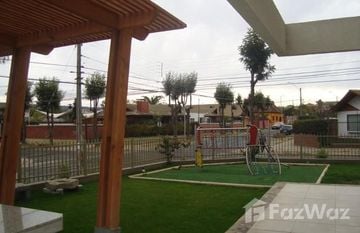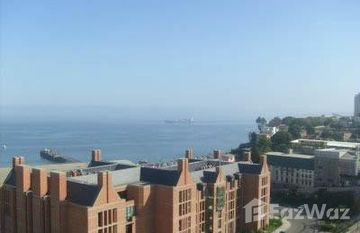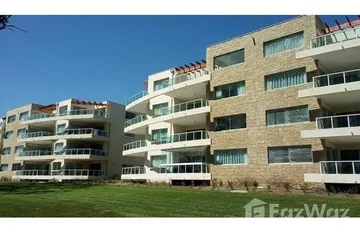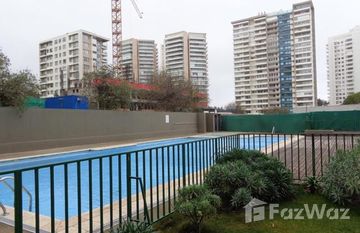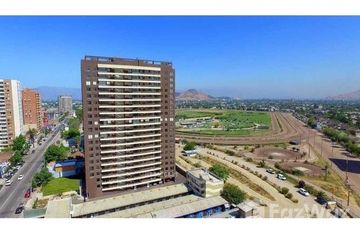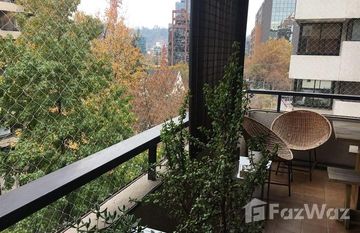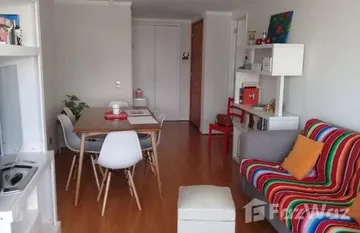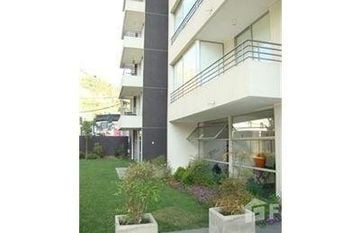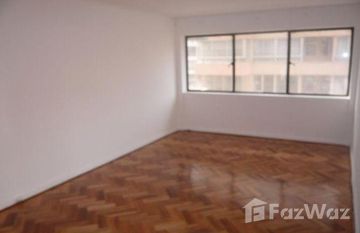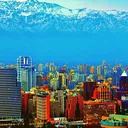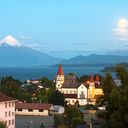- List your property - it's free
- Sign up or Log in
-
English- en
-
CLP - $
Chile
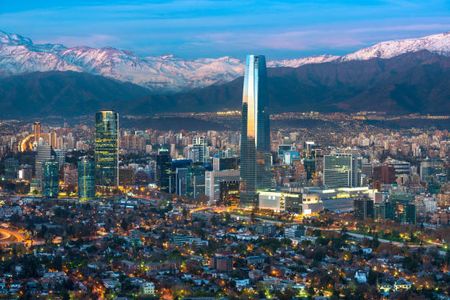
Neighborhood Overview
Buy:
$0 CLP - $1.67T CLP
For Sale on FazWaz.cl:
14,435 properties
Rent:
$0 CLP - $157B CLP
For Rent on FazWaz.cl:
2,117 properties
Explore the Neighborhood of Chile
Property in Chile
Frequently Asked Questions in Chile

